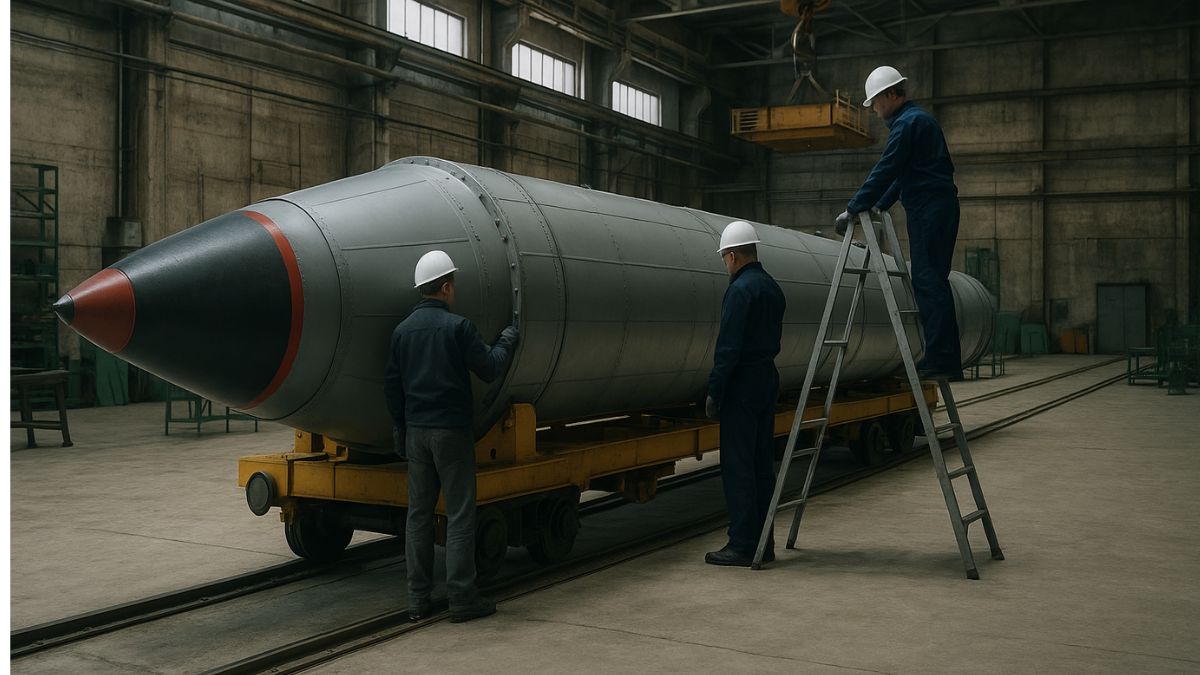US intelligence agencies have raised fresh concerns over Pakistan’s alleged pursuit of an intercontinental ballistic missile (ICBM) capable of delivering nuclear warheads to the continental United States.
This is an alarming shift that could reshape both regional security dynamics and global nuclear policy.
A recent Foreign Affairs report reveals that Pakistan’s ICBM development has accelerated significantly following India’s Operation Sindoor in May.
The reported concern comes just after American President Donald Trump hosted Pakistan’s Field Marshal Asim Munir for lunch at the White House in recent weeks, and Pakistan suggested Trump as a possible Nobel Peace Prize candidate.
Why Pakistan aspires for an ICBM and what are the US concerns?
While Islamabad maintains that its nuclear arsenal is solely intended as a deterrent against India, US officials increasingly believe the real objective may be to deter or retaliate against potential American military intervention, including strikes on Pakistani nuclear infrastructure or support for India in a future conflict.
If confirmed, the move marks a strategic pivot for Pakistan from a traditionally India-focused missile programme to one with global reach.
What are ICBMs, and what can they do?
ICBMs, which can travel over 5,500 kilometres and are often equipped with multiple independently targetable reentry vehicles (MIRVs), are considered the apex of nuclear deterrence due to their range and destructive capability.
Currently, only a handful of nations, namely the US, Russia, China, France, the UK, India, Israel, and North Korea, possess operational ICBMs. Pakistan, despite being a nuclear power, has so far remained outside this elite club.
The implications of Pakistan entering this arena are profound. A nuclear-capable ICBM would challenge longstanding US strategic doctrines, which typically avoid alliances with nations capable of directly striking American territory.
Defence analysts suggest that such a development could compel Washington to reclassify Pakistan as a strategic threat on par with North Korea or Iran.
What are Pakistan’s ICBM ambitions?
This potential evolution in Pakistan’s missile strategy adds a dangerous new layer to already strained US relations with several nuclear-armed states.
Naturally, questions arise over why Pakistan wants an ICBM if it can easily target its arch-rival India with long-range ballistic missiles.
It also raises the spectre of closer strategic alignment among America’s adversaries, complicating efforts to manage multiple nuclear flashpoints across the globe.
Whether driven by regional anxiety, post-Operation Sindoor fallout, or a broader strategic recalibration, Pakistan’s suspected ICBM ambitions signal a turning point in its defence posture — one that Washington and its allies will be watching with growing unease.
